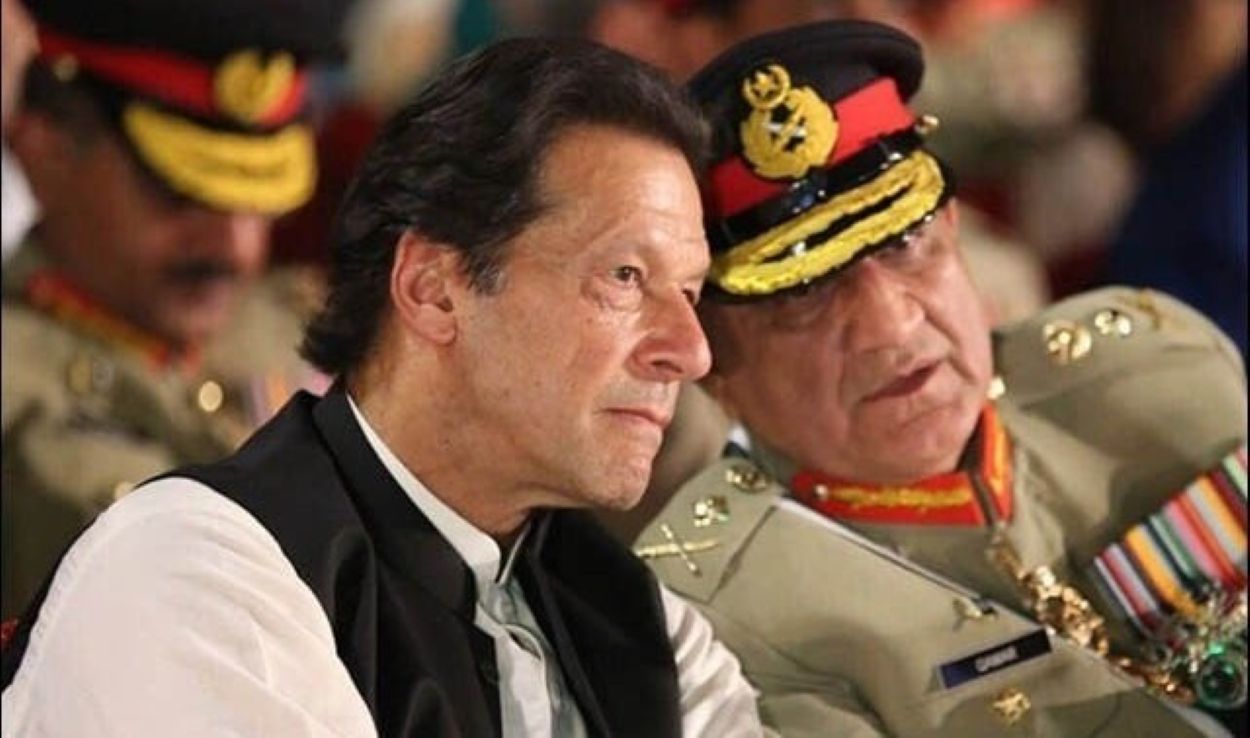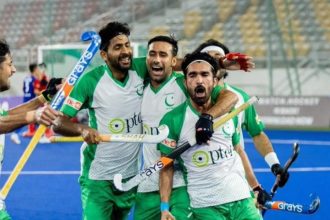Former Governor of Sindh and Pakistan Tehreek-e-Insaf (PTI) member Imran Ismail disclosed details of a critical and brief meeting that highlighted pivotal moments in Pakistan’s political landscape.
The meeting lasted just seven minutes and involved former Chief of Army Staff General Qamar Javed Bajwa, former Inter-Services Intelligence (ISI) Chief General Nadeem Anjum, former Prime Minister and PTI founder Imran Khan, and other PTI leaders.
According to Ismail, it was during this brief encounter that the decision to dismiss the government was confirmed.
Ismail recounted the events, stating he was present at the Prime Minister’s House when the Military Secretary arrived with a message. He informed them that General Bajwa and the DG ISI were going for an urgent meeting. Anticipating a significant discussion, Imran Khan promptly summoned senior PTI leaders, including Shah Mehmood Qureshi, Asad Umar, Ali Zaidi, Pervez Khattak, and Asad Qaiser, to join the deliberation.
Once the meeting commenced, General Bajwa and General Nadeem presented three options to Prime Minister Khan, each outlining different potential courses of action. The first option was to allow the ongoing political processes to continue unaltered. The second was for Khan to resign, after which, Bajwa explained, a new government would assume control and elections would proceed as planned. The third option proposed by General Bajwa was to attempt one final effort to retract the no-confidence motion against Khan and to call for new elections.
The conversation was direct, and the options stark, leaving Imran Khan visibly frustrated. He expressed his discontent, cornered into a situation with no genuine choice. Khan’s response highlighted his perception of the limited options as manipulative tactics rather than genuine solutions.
The events that transpired in the days following this meeting marked a significant turn in the nation’s political narrative, setting the stage for a new and uncertain chapter in Pakistan’s history. This account sheds light on the pressures and decisions faced by political leaders and underscores the intense dynamics of power play within the highest levels of Pakistani politics.






